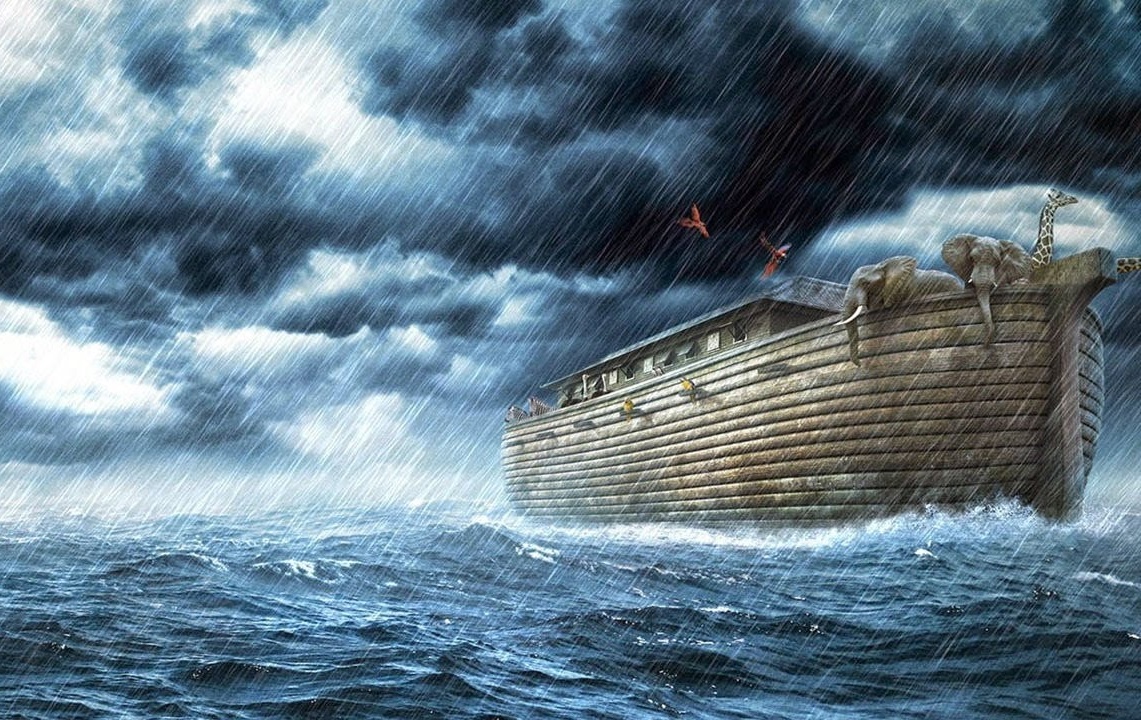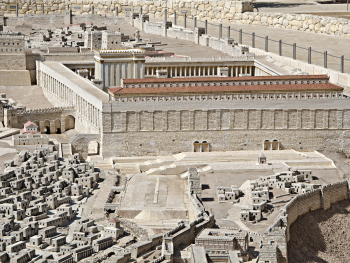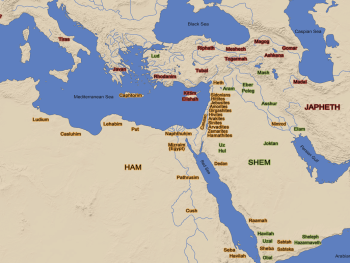The story of the Great Flood, as recounted in the Bible, has captured the imagination of believers and scholars for centuries. According to the Book of Genesis, God, displeased with the wickedness of humanity, sent a catastrophic flood to cleanse the earth, sparing only Noah, his family, and a menagerie of animals aboard the ark. While the narrative holds profound religious significance for many, it has also sparked scientific inquiry into its historical and geological plausibility. In this article, we delve into the biblical account of the Great Flood and explore the geological evidence that sheds light on this ancient cataclysm.
The Biblical Account
The story of the Great Flood is found primarily in Genesis chapters 6-9, where God instructs Noah to build an ark to save himself, his family, and representatives of every land-dwelling animal species from the impending deluge. After forty days and forty nights of rain, the floodwaters cover the entire earth, submerging even the highest mountains. Only those aboard the ark survive, and after the waters recede, Noah and his family repopulate the earth.
Geological Evidence
While the biblical narrative of a global flood is accepted by many as a matter of faith, scientists have long sought evidence to support or refute its historicity. Geological studies have uncovered clues that hint at large-scale flooding events in various parts of the world throughout history. For example, sedimentary layers containing marine fossils have been discovered high in mountain ranges, suggesting that these areas were once submerged under water. Additionally, geological formations such as river valleys, canyons, and sedimentary deposits provide further evidence of past inundations.
The Debate
The interpretation of geological evidence in relation to the biblical account of the Great Flood is a topic of ongoing debate among scientists and scholars. Some proponents of a global flood point to geological features such as the Grand Canyon as evidence of catastrophic, worldwide inundation. Others argue that these features can be explained by more gradual processes, such as erosion and tectonic activity, over millions of years.
Local vs. Global Flood Hypotheses
One area of contention is whether the flood described in the Bible was a global event or a more localized phenomenon. While some scholars argue for a literal interpretation of the biblical narrative, others propose that the flood was a regional event, perhaps confined to the ancient Near East. Proponents of the local flood hypothesis point to cultural and linguistic evidence suggesting that the flood story may have originated in a specific geographical context and later been embellished and adapted by various cultures.
The story of the Great Flood continues to captivate the human imagination and inspire debate among believers and scholars alike. While the biblical account holds profound religious significance for millions of people around the world, the search for geological evidence to support its historicity remains an ongoing endeavor. As science and faith intersect in the quest to understand our planet's ancient past, the story of the Great Flood serves as a reminder of the enduring power of myth, legend, and religious tradition in shaping our understanding of the world around us.






